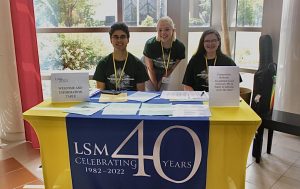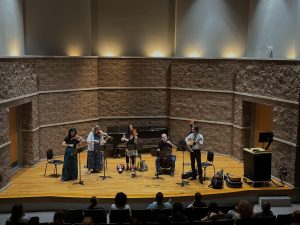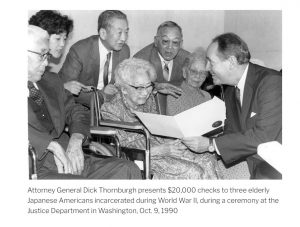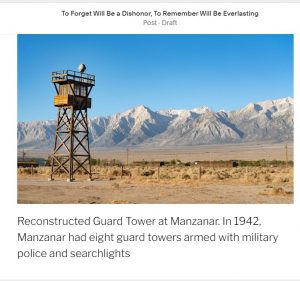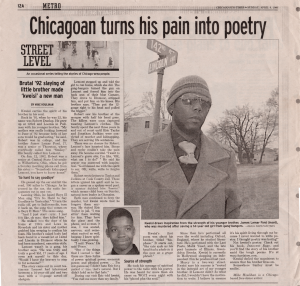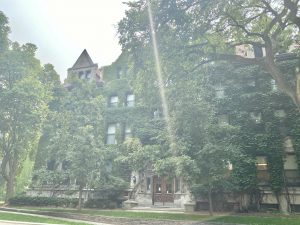The “Urban Plunge”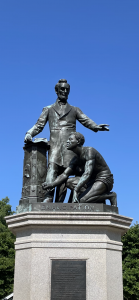
One of the activities that I lead with City Service Mission is called the Urban Plunge. This activity is centered around the general idea of food insecurity and the food deserts in not only Washington D.C. but also wherever in the country the visiting group is coming from. The plunge involves bringing the group to Lincoln Park in Capitol Hill and explaining to them the causes and effects of food deserts. After providing context to the activity’s purpose, the group is let loose to go and locate the nearest grocery stores and create a budget based on a hypothetical family who has a household income below the federal poverty line. This is an opportunity for the students to experience a small taste of what it is like to live with food insecurity and begin to think more about how they might play a role in influencing the larger conversation surrounding the issue.
Race and Servitude
During the plunge, a parallel lesson to that of food insecurity is on the matter of race in the district. Lincoln Park is a popular location for nannies to take their kids during the day to get out of the house. These nannies are almost always women of color and the children they look after are almost always white children. This is a great indicator of who lives in the neighborhood of Capitol Hill and who the servants of these residents are. I use the word “servant” intentionally. The town homes in this area are valued at 1.5 – 2.5 million dollars, and it is very obvious that it is a majority white neighborhood, with people of color coming in from surrounding areas to provide services like child-care, house-cleaning, construction, landscaping, etc. As the groups go out and participate in the simulation of the urban plunge, they also take note of the very real racial divide that is ever present in the city. Once they come back to the park after spending time on their own in the city, we have a discussion about it, ultimately identifying that segregation, both physically and socioeconomically, is still a thriving problem in the district as well as other places throughout the country.

Exclusive Inclusivity
Washington D.C. is split almost perfectly down the middle in terms of where different races live throughout the city and in the neighborhoods surrounding it in Maryland and Virginia. While this is something I have been aware of for quite some time, leading groups in the urban plunge has brought this reality to the front of my mind. While the groups are out doing the activity, I get a couple hours to go around the neighborhood, usually to a coffee shop, and each time it has become more prevalent to me that I am often one of two people of color in the establishment, the other being behind the counter. The irony of this is that neighborhoods that have been gentrified in D.C. often wish to send a welcoming message to others by promoting images of inclusivity in their neighborhoods. This includes posting signs like “Black Lives Matter” “All Are Welcome” “LGBTQ Pride” etc. in their yards and windows, but the subliminal messages people, children, receive in these areas is that people of color are the ones who are meant to “do the work for us here but live with them over there.”
What do We Learn?
While this is personally challenging, aggravating, and discouraging, leading the urban plunge provides a great opportunity to talk about the issues of food insecurity, gentrification, segregation, and NIMBYism (Not-In-My-Back-Yard-ism) with kids and adults who otherwise may never have seen the reality of such things. It is always very encouraging to hear the students talk about how the experience has impacted them afterwards, and I hope to continue spreading that message as I continue in this line of work.
– Fox Wilmot, City. Service. Mission.
